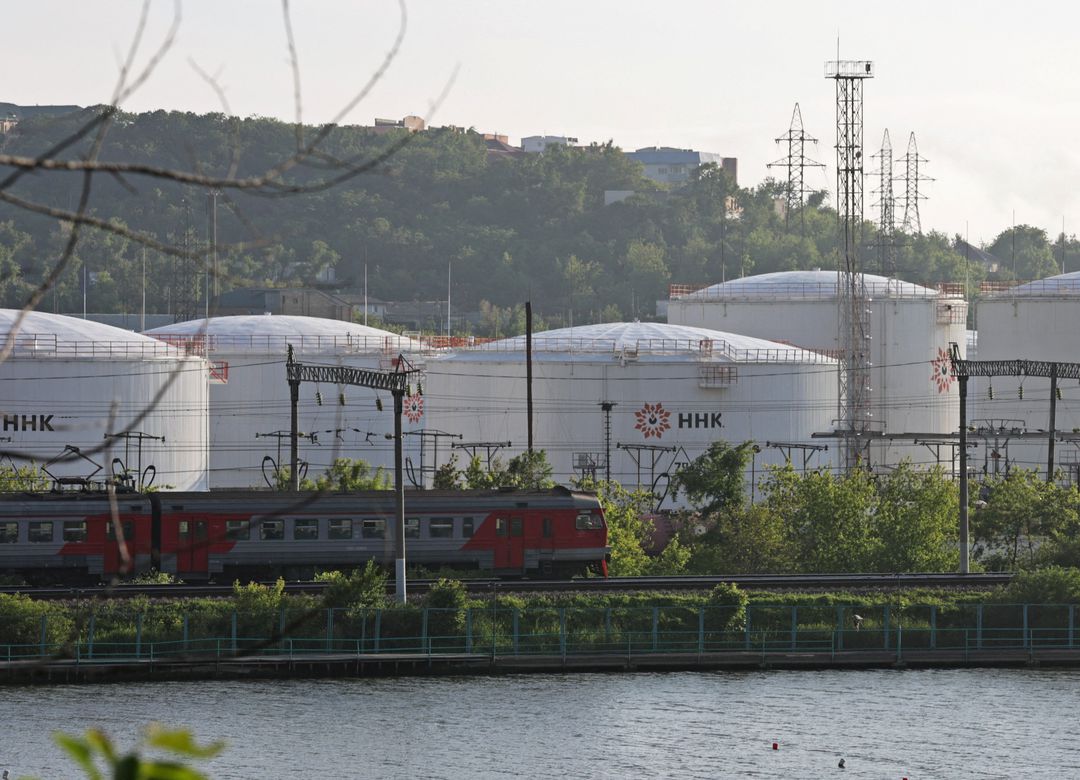
On Thursday, Russian gas supplies to Europe via the Nord Stream 1 pipeline decreased even more, with Moscow warning that further delays in repairs could result in the suspension of all flows, putting a halt to Europe’s rush to replenish its gas reserves.
Faltering flows coincide with the visit of the leaders of Germany, Italy, and France to Ukraine, which is seeking for faster arms supply to combat invading Russian soldiers and support for Kyiv’s EU candidacy.
Russia’s state-run media Gazprom announced on Thursday that it was cutting production via Nord Stream 1, which runs beneath the Baltic Sea to Germany, for the second time in as many days. The most recent action reduces supplies to just 40% of the pipeline’s capacity.
It claimed that the cuts were necessary owing to the late return of equipment shipped to Canada for maintenance, which the German regulator dismissed as technically ‘unfounded.’ Russia, according to Germany’s government, wants to raise gas prices.
Dmitry Peskov, a Kremlin spokesman, claimed on Thursday that the supply cuts were not planned and that the outages were caused by maintenance concerns.
The European benchmark for wholesale gas prices, Dutch wholesale gas prices, increased by 30% on Thursday morning.
Because of concerns with repairing turbines in Canada, Russia’s envoy to the European Union told state news agency RIA Novosti that pipeline flows could be halted.
Nord Stream 1 has the potential to pump roughly 55 billion cubic metres (bcm) of gas per year to the European Union, which bought about 140 bcm of gas via pipelines from Russia last year.
Germany, like the rest of Europe, is racing to fill its gas storage facilities to 80 percent capacity by October and 90 percent capacity by November, just in time for winter. The stores are currently 56% full.
Cutting flows through Nord Stream 1 would make the job more difficult, according to the head of Germany’s energy authority.
‘We might be able to make it through the summer now that the heating season is ended. However, in order to get through the winter, we must fill the storage facilities,’ Klaus Mueller told the Rheinische Post newspaper on Thursday.

Post Your Comments